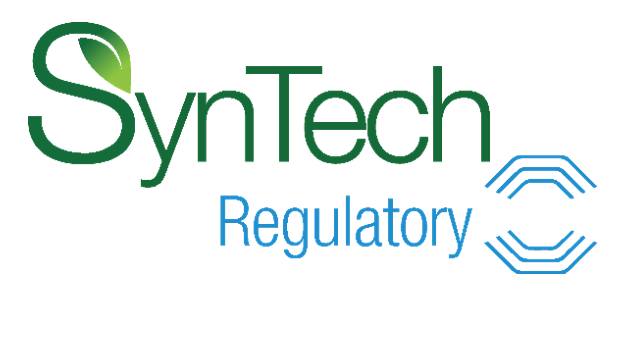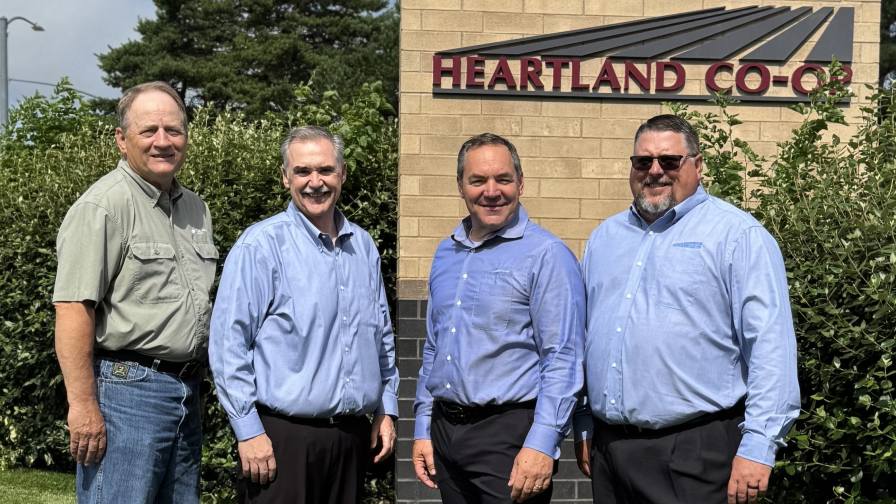The Industry Reacts to the IARC’s Review of Crop Protection Products
Several companies and organizations around the crop protection industry have issued responses to the International Agency for Research on Cancer (IARC), the specialized cancer agency of the World Health Organization, assessment of three crop protection products including 2,4-D. Here’s a sampling of their reaction:
CropLife America
Dr. Janet E. Collins, senior vice president of science and regulatory affairs
“The U.S. EPA requires extensive testing on all pesticide active ingredients in order to determine their potential impacts on human health and the environment. Cancer is a chronic disease and is strongly influenced by many factors including age, lifestyle and genetics. The ability of any carcinogen to cause cancer is dependent on the dose and duration of the exposure. Regulatory agencies require these compounds to be tested for carcinogenicity, and their acute, chronic and sub-chronic effects are taken into account.
“Regulatory assessment by governments of both the U.S. and the European Union (EU) confirm that 2,4-D does not present a carcinogenic risk to humans. The IARC report contradicts established scientific consensus on this product and reaches inaccurate conclusions based on a flawed process. This process has led IARC to label many everyday items as possible carcinogens, such as coffee or pickled vegetables. Moreover, Lindane and DDT are no longer registered for use by growers in the U.S., with DDT cancelled more than 40 years ago.
“Risk assessment serves as the basis regulating compounds in the U.S., and CLA members actively support science-based regulation. The crop protection industry continues to work with the EPA to ensure each and every product goes through the Agency’s rigorous testing procedures and only enters the market if it can be used safely.”
Nufarm
The IARC – as a result of its most recent review of select data – has not changed its potential hazard classification of 2,4-D and continues to classify 2,4-D in the same group as aloe vera, coffee and pickled vegetables.
2,4-D is the most researched crop protection molecule in the world, with more than 70 years continuous research that has kept pace with increasingly stringent regulatory requirements and technical advancements.
The world’s leading regulatory agencies have not classified 2,4-D as carcinogenic and continue to assess it as being safe to use when done so according to label directions. IARC’s conclusions are a theoretical hazard assessment, as opposed to a risk assessment which is undertaken by independent regulatory agencies.
In comparison to the scientific information that regulators and other governing bodies review in their assessments, IARC considers only a sub-set of the full range of available scientific findings, none of which included new or novel scientific data.
Dow AgroSciences
The classification of the herbicide 2,4-D by the International Agency for Research on Cancer (IARC) is inconsistent with government findings in nearly 100 countries, including the U.S., Canada, U.K., Germany, France, Japan, Brazil and China, which have for decades affirmed the safety of 2,4-D when used according to approved labeling. Government reviews were based on rigorous hazard and risk evaluations of more than 4,000 scientific studies. In sharp contrast to the government reviews, IARC, an agency of the United Nations World Health Organization (WHO), reviews an incomplete set of information to focus solely on whether a substance or activity could be a carcinogen, not whether it is a carcinogen when used under real-world circumstances. The IARC classification, which is unchanged from the previous IARC review of chlorophenoxy herbicides, should not be mischaracterized in ways that are misleading and harmful to farmers and consumers.
“No herbicide has been more thoroughly studied and no national regulatory body in the world considers 2,4-D a carcinogen,” said John Cuffe, Global Regulatory Sciences and Regulatory Affairs, Dow AgroSciences. “In fact, IARC stated that there is ‘inadequate evidence’ for human carcinogenicity. IARC’s findings on 2,4-D are not the last word even within the WHO, whose JMPR does not consider the handling and use of approved 2,4-D herbicides to pose a cancer risk.” JMPR is the Joint Meeting on Pesticide Residues, whose evaluations support establishment of world food standards.
As recently as October, 2014, the U.S. Environmental Protection Agency (EPA) affirmed that the herbicide is not a carcinogen based on a 17-year evaluation of relevant health and safety data. In 2009, Health Canada “found that 2,4-D does not increase the risk of cancer and can be used safely” if used according to label directions. And last year, the European Food Safety Authority concluded that 2,4-D was “unlikely” to “pose a carcinogenic risk to humans.”
“IARC has classified only one of about 1,000 agents and activities it has reviewed as ‘probably not carcinogenic to humans,’’’ said Cuffe. “IARC has classified products we use as potential carcinogens, including coffee, aloe vera, and pickled vegetables.”
For 70 years, 2,4-D has been widely used around the world to help protect crops, pastures and other areas from noxious and invasive weeds.
“I am very concerned that these IARC reviews will be misinterpreted by the general public,” said Ken McCauley, Kansas grower and past president of the National Corn Growers Association. “Herbicides like 2,4-D are essential to modern farming, helping us produce more food, control weeds, use less resources and reduce our costs, which ultimately helps the consumer,” said McCauley. “Based on all the studies and government reviews, we believe 2,4-D herbicides are safe or we wouldn’t be using them.”
Nufarm’s highest priority is the safety and health of our employees and users of our products. We continuously review our manufacturing and handling procedures and practices, including the assessment of any new scientific information, to help ensure the health and safety of our employees and users of Nufarm products.






